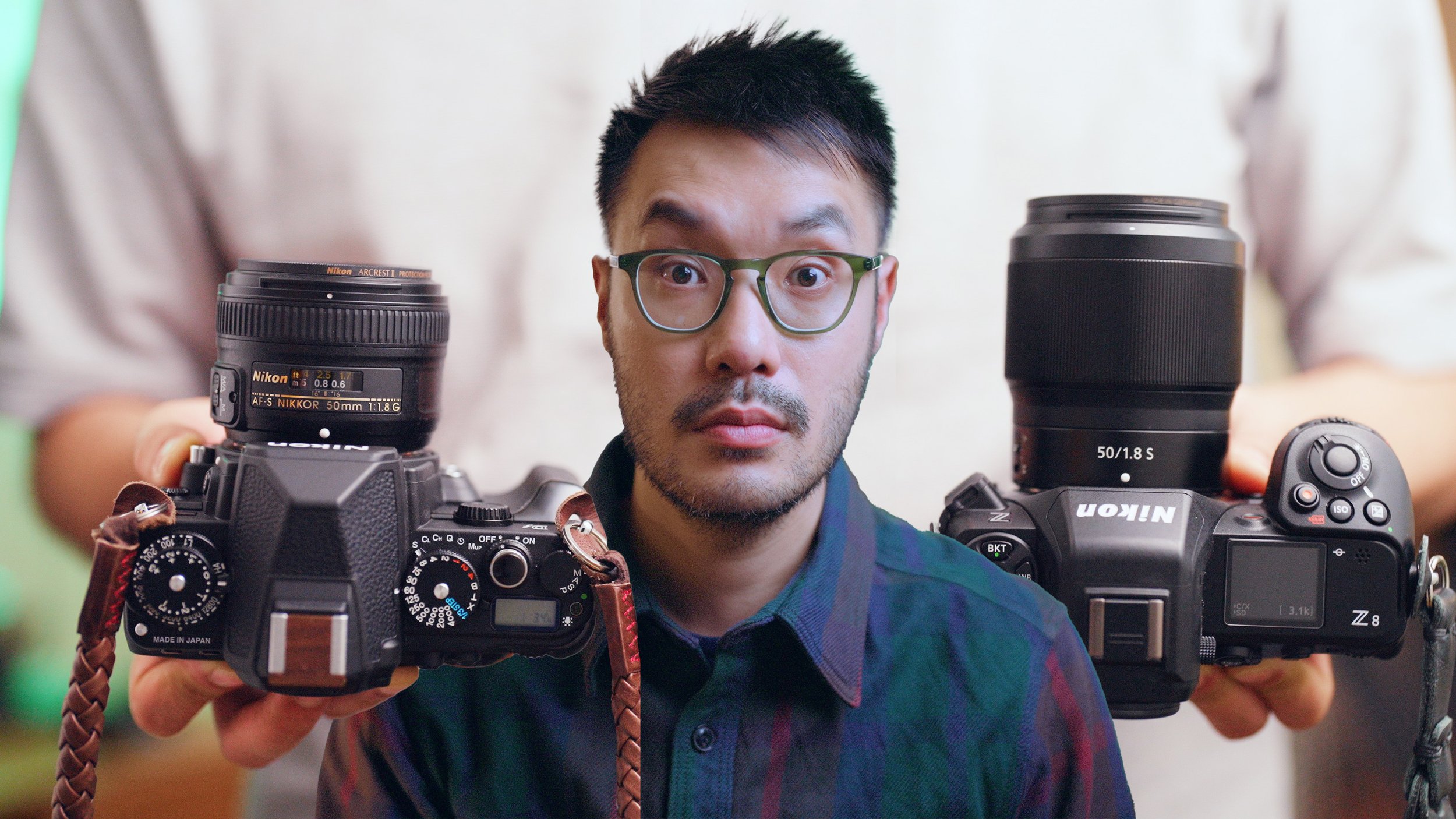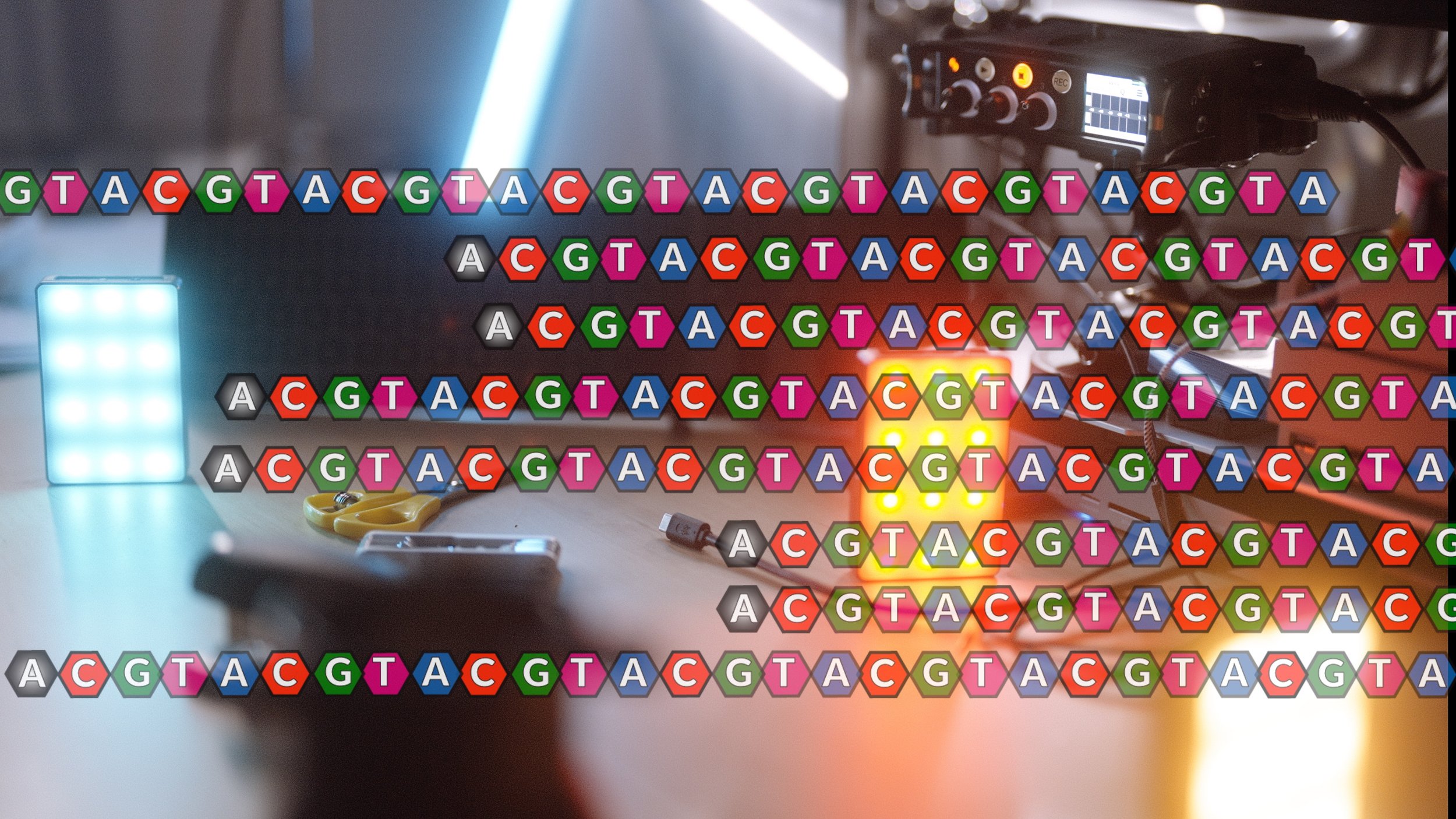

Nature vs Nurture
29 June 2022
Despite my original plans at the start of my training, I am by no means a bioinformatician. I studied degrees for both science and information technology, but I quickly found out that i would be better suited as a bioinformatics end user rather than a developer. All the software engineers in my classes had been coding since they were toddlers, but for me it felt like learning how to ride a unicycle upside down. It’s pretty embarrassing to struggle so much in programming 101 but some people’s brains are just innately better tuned for computer programming, just like others are naturally talented at music or art. It doesn’t mean we should avoid the things we aren’t naturally talented at, in fact there’s a lot to be said for knowing how to learn under non-ideal conditions, and having an interdisciplinary overview of different skillsets. Biologists need a better understanding of bioinformatics, just like software engineers need to know more about biology.

Stolen moments (Vol 2)
28 May 2022
I’m in the process of designing a brand new lab course for Semester 2, and the next series of blog entries will be my attempt to “think out loud” and steal some time away from the pressure of looming deadlines... Last time we talked about recombinant DNA technology and how molecular cloning of specific genes can be adapted for citizen science projects. Following on from cloning novel plasmids that encode genes of interest, students can work with their own plasmids, or characterise existing plasmid libraries generated by your research labs to express and purify novel proteins of interest.

Stolen moments (Vol 1)
13 May 2022
I’m in the process of designing a brand new lab course for Semester 2, and the next series of blog entries will be my attempt to “think out loud” and steal some time away from the pressure of looming deadlines... The focus will be on inquiry-based learning in molecular biology labs classes - starting today with DNA + Molecular Cloning. In molecular cloning, if one step fails, everything fails. It is very tempting to have students follow cookbook recipes for each part of the process, but it is more valuable for their learning if you give students more autonomy in the experimental design. You can soften the learning curve by limiting the parameters that students can change.

Counting Birds
5 May 2022
What does Bird Counting have to do with Academia, Science Education, or Teacher development? It was Christmas Day, December 25th 1900, when the ornithologist Frank M Chapman, took hold of the bourgeoning Conservation movement in north America. Instead of hunting birds as part of normal holiday traditions, that year Chapman decided to count them instead. The Christmas Bird Count is one of the earliest examples of Citizen Science - a template of large-scale scientific participation involving members of the general public that is gaining traction across all areas of science. Today let’s walk through how teachers can use citizen science to promote active-inquiry-based learning.
